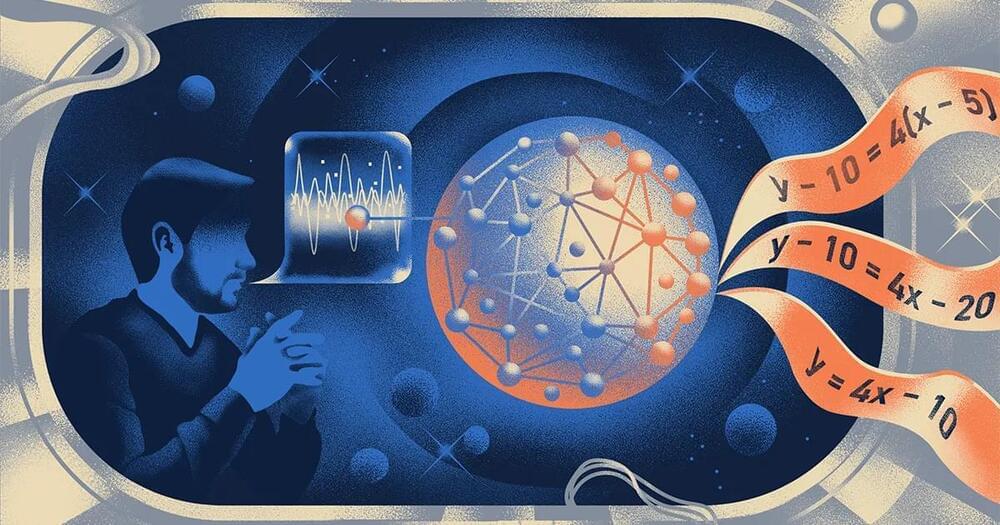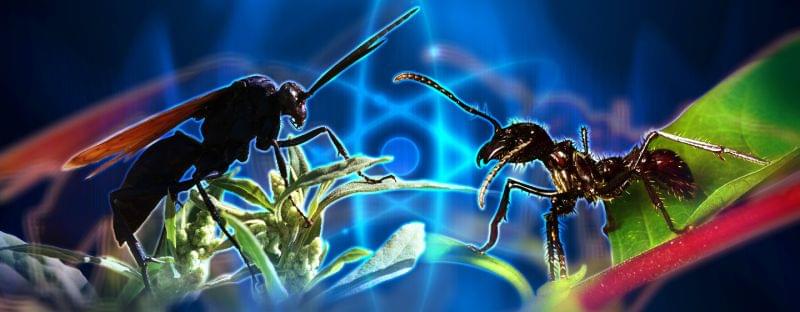Feb 17, 2023
Study finds 155 tiny new genes evolving in humans
Posted by Shubham Ghosh Roy in categories: biotech/medical, evolution
This process is no less relevant to humans than any other species in nature, but since our species is such an evolutionary newcomer, the extent of its influence — and how it might work today — is still difficult to pin down.
The challenge: A team of researchers in Greece and Ireland, led by Nikolaos Vakirlis at the Alexander Fleming Biomedical Sciences Research Center in Athens, argues that a key to understanding human evolution lies with short sequences of DNA named “open reading frames” (ORFs). These structures are small sections of the genome that encode tiny protein molecules — microproteins — which can perform a diverse range of crucial biological tasks, from regulating muscle performance to alerting cells to damaging stresses.
Due to their minuscule sizes, ORFs are notoriously difficult to study. Because of this, their full relevance has gone under the radar in mainstream genomics research until recently, and even today, they still aren’t considered to be proper genes in themselves. For Vakirlis’ team, this potential oversight masks the fact that the microproteins encoded by ORFs can develop their own de novo sequences over generations, which may eventually develop into new genes.


















